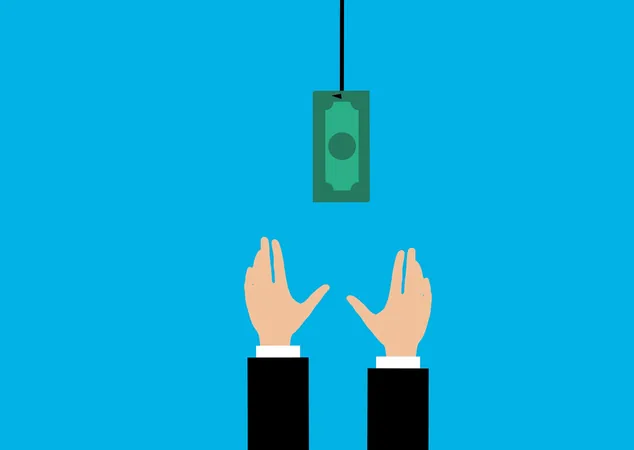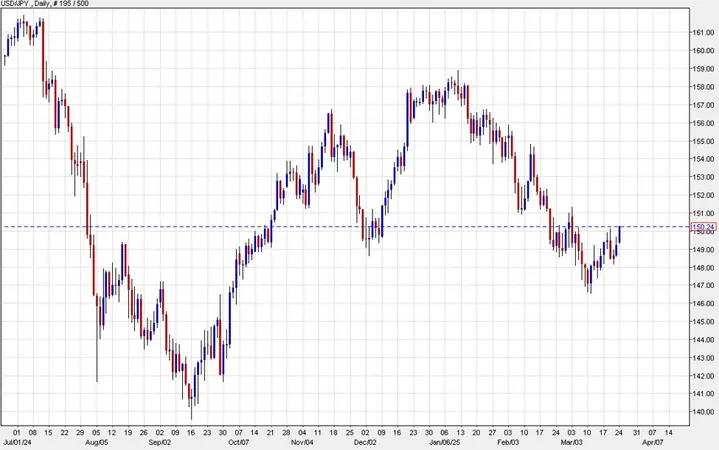
Unlocking Productivity: How "Streak Incentives" Can Transform Your Workplace
2025-03-24
Author: William
Introduction
Are you an employer seeking innovative ways to supercharge your team's performance? A groundbreaking study from the University of Alberta has unveiled that implementing "streak incentives" could be the key to maximizing productivity, as opposed to traditional single payouts.
The Traditional Incentive Model
In the realm of business compensation, rewarding employees for productivity usually involves a fixed bonus system for completed tasks. However, this new research led by marketing professor Katie Mehr reveals that when employees are incentivized to complete tasks consecutively, they tend to accomplish significantly more work—even if it means earning slightly less in the long run.
The Findings of the Study
According to Mehr, who specializes in motivation and prosocial behavior, individuals often find a unique drive in maintaining streaks. "There seems to be something about achieving things consecutively that makes people want to keep going," she explains. This insight emerges from an extensive series of six studies with over 4,500 participants, marking the first conclusive evidence that streak incentives enhance commitment and productivity in the workplace.
Experimental Insights
In their experiments, participants were faced with a choice between completing simple tasks for financial rewards or indulging in recreational activities like watching videos. The results showed that those in the "streak incentive" group received slightly increasing payments for consecutive task completion—earning one cent for the first task, two cents for the second, and three cents for continuing a streak. In contrast, participants in the "stable incentive" group earned a fixed amount per task, which, while higher overall, did not lead to the same level of productivity.
Challenging Traditional Economic Theories
Remarkably, even with the streak incentive group earning a total of six cents compared to the nine cents of their counterparts, the former achieved a greater number of completed tasks. This finding challenges traditional economic theory, which suggests that higher payments directly correlate with increased productivity.
Psychological Insights
Mehr's research underscores a deeper psychological aspect at play: the emotional fulfillment that comes with maintaining a winning streak. The commitment to maximizing one’s earnings is heightened when employees are encouraged to complete tasks consecutively, fostering a stronger drive towards their goals.
Implementation of Streak Incentives
The key takeaway? To implement effective streak incentives, the payment difference between stable payouts and streak rewards should not be overly significant. A balanced system, as shown in the study, can yield impressive results without overwhelming either incentive type.
Impact on Team Dynamics
Moreover, previous studies conducted by Mehr's co-author, Jackie Silverman from the University of Delaware, indicate that individuals perceive those with recent streaks as more dedicated to their objectives. This perception can enhance teamwork and motivation across an entire workforce.
Conclusion
As Mehr artfully notes, the psychology behind streaks parallels the mechanics of slot machines and sports betting; the allure to hit a "hot streak" taps into fundamental human tendencies. With growing evidence supporting their effectiveness, it's clear that streak incentives could revolutionize how employers motivate and inspire their teams, offering a low-cost yet impactful strategy to boost productivity.









 Brasil (PT)
Brasil (PT)
 Canada (EN)
Canada (EN)
 Chile (ES)
Chile (ES)
 Česko (CS)
Česko (CS)
 대한민국 (KO)
대한민국 (KO)
 España (ES)
España (ES)
 France (FR)
France (FR)
 Hong Kong (EN)
Hong Kong (EN)
 Italia (IT)
Italia (IT)
 日本 (JA)
日本 (JA)
 Magyarország (HU)
Magyarország (HU)
 Norge (NO)
Norge (NO)
 Polska (PL)
Polska (PL)
 Schweiz (DE)
Schweiz (DE)
 Singapore (EN)
Singapore (EN)
 Sverige (SV)
Sverige (SV)
 Suomi (FI)
Suomi (FI)
 Türkiye (TR)
Türkiye (TR)
 الإمارات العربية المتحدة (AR)
الإمارات العربية المتحدة (AR)